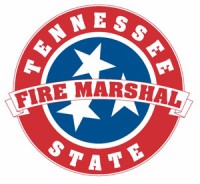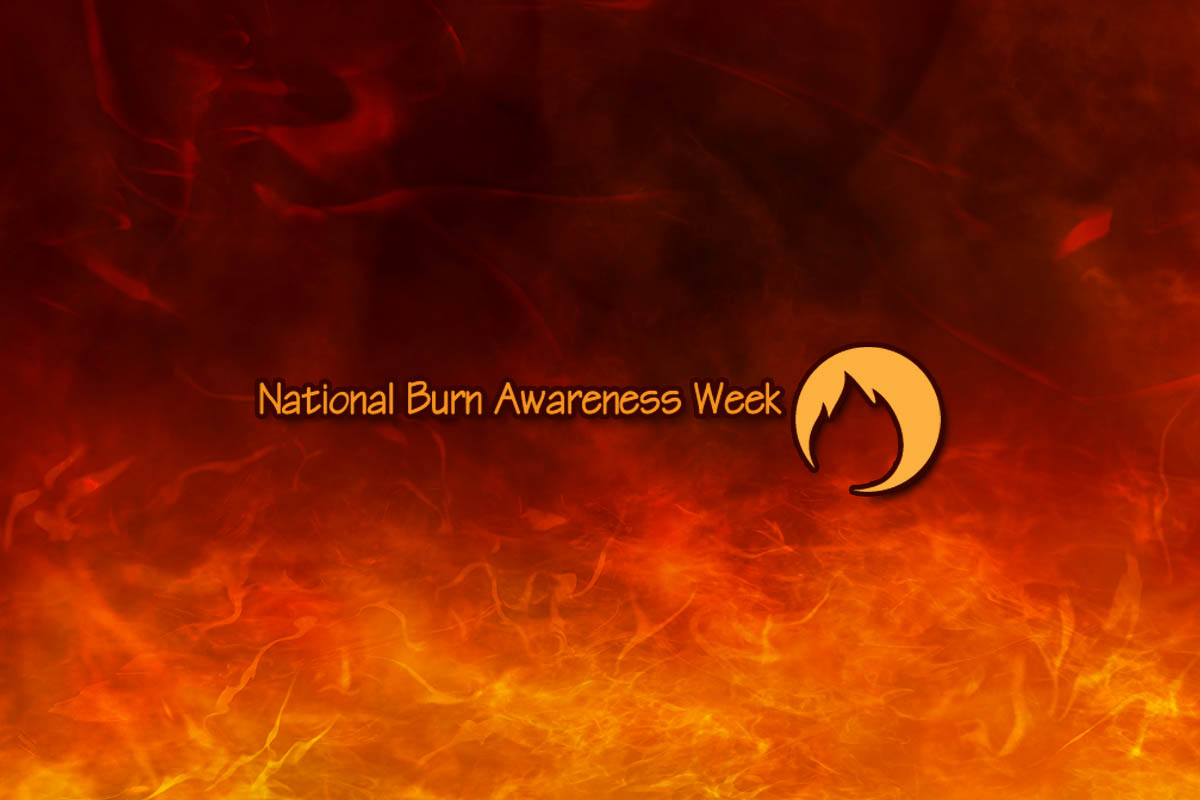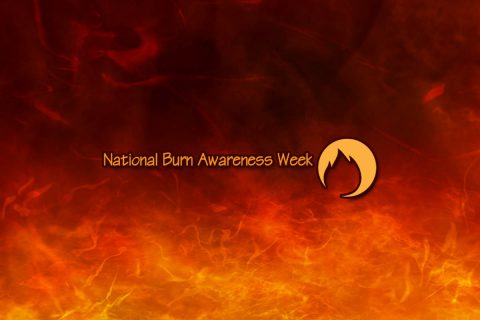National Burn Awareness Week
 Nashville, TN – The Tennessee State Fire Marshal’s Office is highlighting National Burn Awareness Week (February 4th-10th, 2018) by sharing basic burn and scald prevention tips and reminding consumers that everyday household items can be burn hazards if not used or stored with care.
Nashville, TN – The Tennessee State Fire Marshal’s Office is highlighting National Burn Awareness Week (February 4th-10th, 2018) by sharing basic burn and scald prevention tips and reminding consumers that everyday household items can be burn hazards if not used or stored with care.
According to the American Burn Association, 73 percent of the burn injuries that are treated in burn centers occur in the home. Almost one-quarter (24 percent) of all burn injuries occur in children under the age of 15.
“We want Tennesseans to remember that not all burn injuries are caused by fire,” says State Fire Marshal and Commerce & Insurance Commissioner Julie Mix McPeak. “Common household items including hair straighteners, microwaved soup, and weed killers can be potential sources for burns. Fortunately, the vast majority of these injuries can be prevented. Keep your family safe by identifying items that may pose a burn hazard and storing them out of the reach of children.”
In an effort to remind Tennesseans to renew their focus on fire safety this winter, the SFMO offers the following basic guidelines to help consumers avoid scalds and burns:
Use/store household items with care
- Keep an eye on appliances such as irons, curling irons or hair dryers that can heat up quickly or stay warm after use. Unplug these items after you’re done.
- Cleaners, weed killers and pool chemicals can cause burns. Keep these locked away/out of reach.
- Make a habit of placing matches, gasoline and lighters in a safe place, out of children’s reach. Avoid novelty lighters or lighters that look like toys.
- Prevent electrical burns: Always turn off circuit breakers before making repairs to wiring; avoid using electrical appliances while showering or wet; use child safety plugs in all outlets; keep electrical cords out of children’s reach.
- Create a safety zone to keep children and pets away from heating devices such as woodstoves, fireplaces, portable heaters, and furnaces.
Prevent tap-water scalds and burns
- Provide constant adult supervision of young children, anyone who might experience difficulty removing themselves from hot water on their own, or people who might not recognize the danger associated with turning on the hot water.
- Test the water at the faucet. It should be less than 100° Fahrenheit.
- Mix bath water thoroughly and check the temperature by moving your elbow, wrist or hand with spread fingers through the water before allowing someone to get in. The water should feel warm, not hot, to the touch.
- Turn the faucet to the “COLD” position when not in use if the tub has a single faucet handle.
- When bathing young children, position them away from faucets to prevent them from being able to reach faucet knobs.
Prevent cooking-related scalds and burns
- To prevent spills due to the overturning of appliances containing hot food or liquids, use the back burner when possible, and or turn pot handles away from the stove’s front edge (or any edge where someone could bump into the pot handles). All appliance cords need to be kept coiled and away from counter edges.
- Use oven mitts or potholders when moving hot food from ovens, microwave ovens or stovetops. Never use wet oven mitts or potholders, because they can cause scald burns. Replace old or worn-out oven mitts.
- Open heated food containers slowly, away from the face, to avoid steam burns.
- Prepackaged microwavable soups are a frequent cause of scald burn injuries (especially noodle soups) because they can easily tip over. Choose prepackaged soups whose containers have a wide base or, to avoid the possibility of a spill, pour the soup into a traditional bowl after heating.
- Microwaves can heat unevenly and create hot spots, so avoid using them to heat baby formula or baby milk.
- Young children are at high risk of being burned by hot food and liquids. Keep children away from cooking areas by enforcing a “kid-free zone” of three feet around the stove, or around any place where hot food or drink is being prepared or carried.
- Never hold a child while you are cooking, drinking a hot liquid, or carrying hot foods or liquids.
For more home fire safety information or to download a free copy of the 2018 Tennessee State Fire Marshal’s Office calendar, visit tn.gov/fire.




